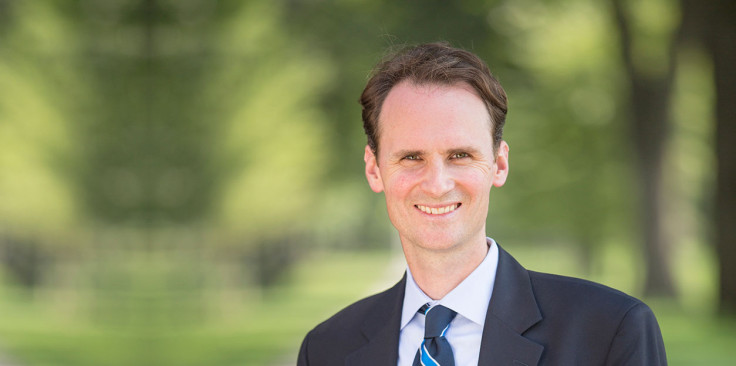Philanthropic Foundations Launch $500M Initiative to Curb AI Influence: Will This Make a Difference?
The effort will ensure that ordinary people have a say in how the technology evolves.

A bold new project called Humanity AI has been unveiled, aiming to build a future where artificial intelligence empowers rather than replaces people. The initiative pledges to use technology to strengthen communities, inspire creativity, and put human values at the centre of innovation.
Backed by £374 million ($500 million) over the next five years, Humanity AI plans to fund research, training, and development programmes designed to ensure that everyday citizens have a real voice in how AI evolves.
Its creators say the goal is clear: to make artificial intelligence a force for inclusion, creativity, and social progress — not just profit.
Ten of the most influential American foundations in the fields of arts, education, labour, democracy, and security have joined forces to address concerns brought by AI. These are:
- Doris Duke Foundation
- Ford Foundation
- Lumina Foundation
- Kapor Foundation
- John D. and Catherine T. MacArthur Foundation
- Mellon Foundation
- Mozilla Foundation
- Omidyar Network
- David and Lucile Packard Foundation
- Siegel Family Endowment
Together, they aim to rebalance the power dynamic between AI developers and the public.
Balancing Innovation and Responsibility
As AI rapidly integrates into daily life, concerns about its societal impact continue to grow. Many now wonder what role humans will play in a world increasingly shaped by algorithms.
Workers fear automation could replace them or redefine their jobs, while artists question how their intellectual property will be protected in an era dominated by AI-generated content.
Broader anxieties over misinformation, surveillance, and national security add to the unease.
John Palfrey, president of the MacArthur Foundation, stressed in the press release that decisions about AI's future cannot remain in the hands of a few powerful corporations. According to him, the Humanity AI initiative aims to change that balance by supporting technologists, researchers, and advocates who share a common goal, ensuring that AI serves the greater good by prioritising people and the planet.
Software engineering and medical care are two examples of industries that have embraced AI as a means to increase efficiency. People with speech impairments have been able to communicate with the assistance of voice-cloning technology, as reported by EuroNews.
On the other hand, some people wonder if AI is actually improving their lives. Some worry that children could be vulnerable if they find comfort in AI apps. Deepfake videos created by AI help disseminate false information online.
Humanity AI aims to address these challenges head-on by funding projects within five key areas: promoting democracy, strengthening education, protecting artists, improving work, and safeguarding personal security.
Each participating foundation will direct funds to one or more of these sectors, making sure that their own grant-making work fits with the coalition's overall goal.
Taking Back the Future of AI
The movement will keep growing, and more groups are likely to join Humanity AI in the next few months.
By the autumn of 2025, the founding members plan to start working together to give out grants that fit with their shared vision. This coordinated approach is meant to make each investment more powerful, making sure that future AI development is based on democratic values rather than just business interests.
© Copyright IBTimes 2025. All rights reserved.





















